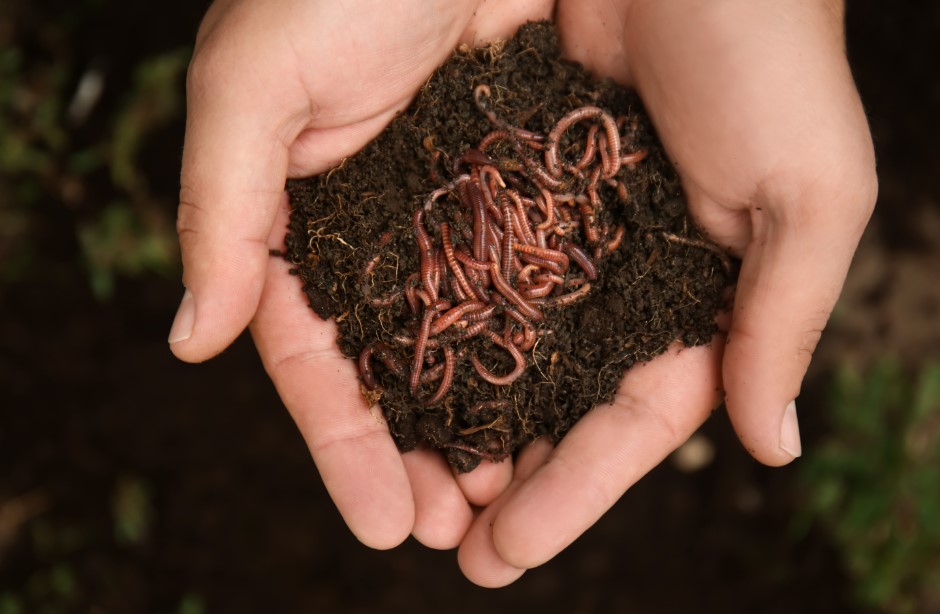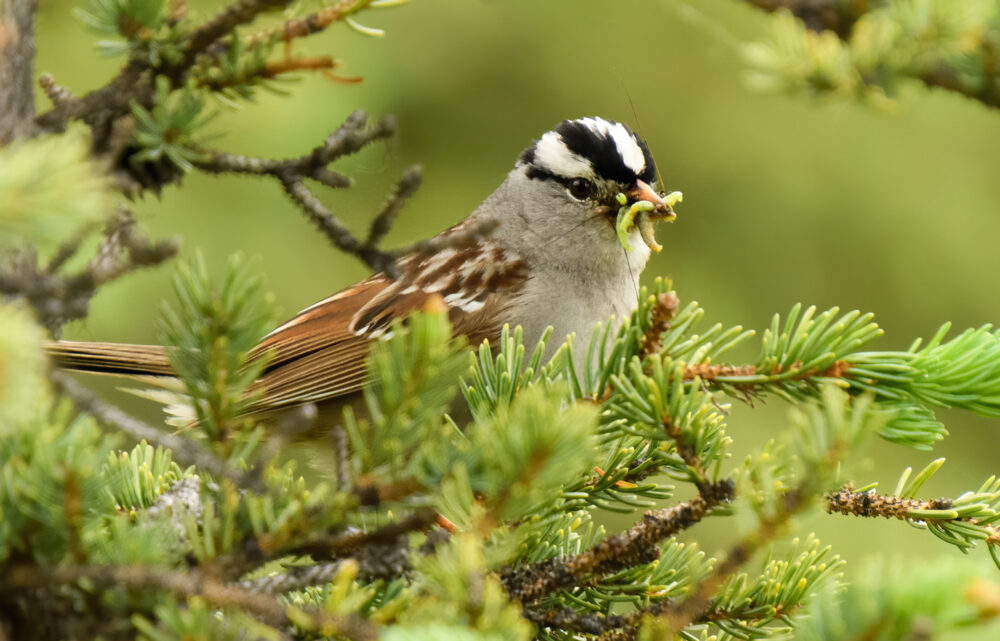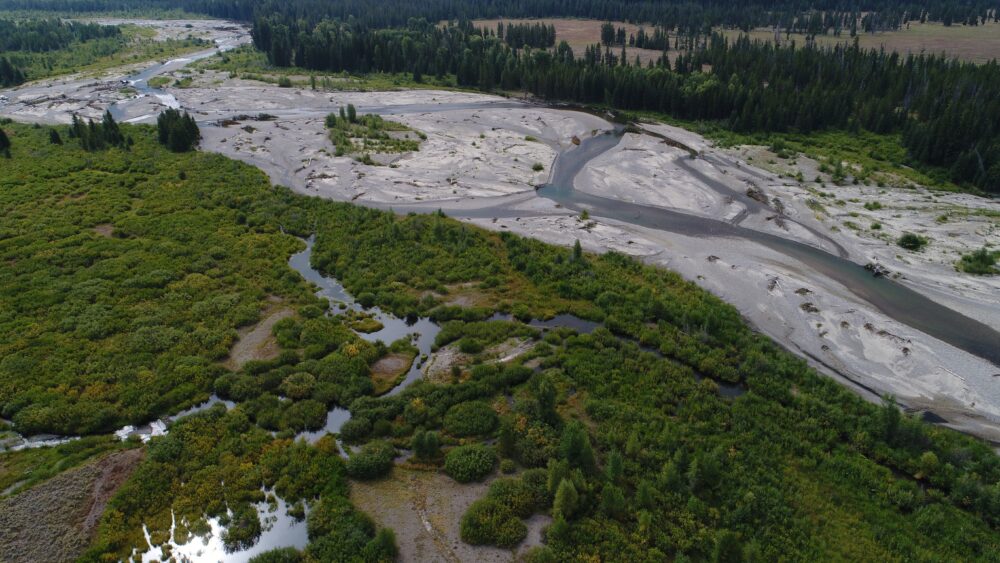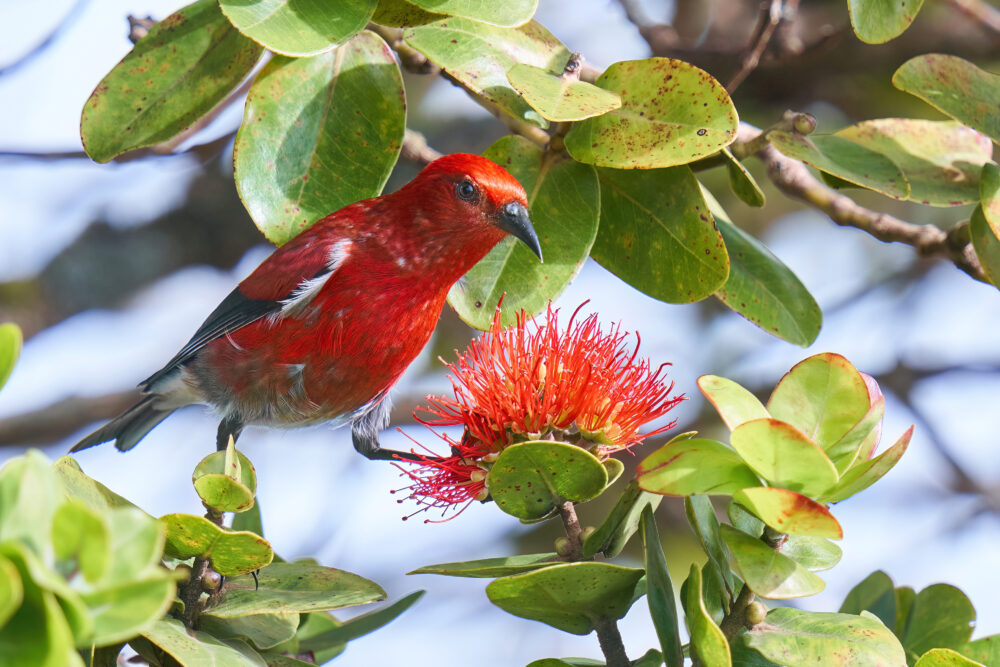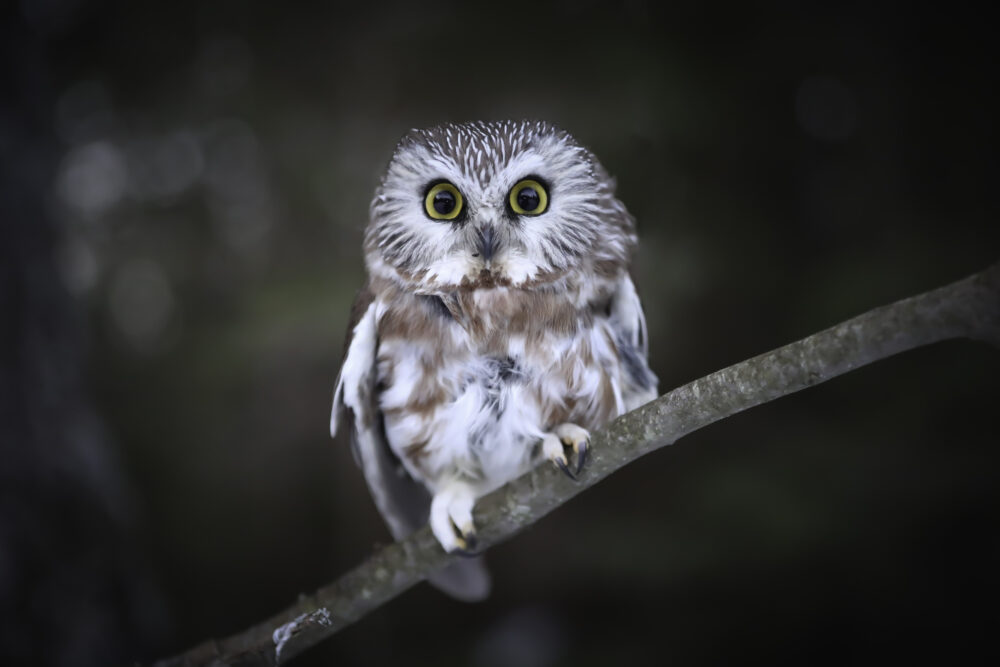We have much more to do and your continued support is needed now more than ever.
Weekly News Roundup- September 13, 2013
What’s happening at National Wildlife Federation this week?

- A Sticky Situation. Developing Story : Honolulu Harbor Molasses Spill Deadly for Fish, Marine Life.
- The Case of the Missing Martins. Has Virginia’s purple martin population disappeared for good?
- Protecting Brown Pelicans. Defending habitat restoration for Louisiana Brown Pelicans.
NWF Taking Action
David Mizejewski on the Today Show
Sept 13– For his recent Today appearance, David brought in quite the dynamic (and hungry) group of critters including raccoon cubs, a kinkajou, an otter, a white-naped raven and an African warthog! Things tend to get a little hairy when all the animals have their eyes set on each other’s snacks.
Click here to watch this hilarious segment!
House Water Legislation Should Protect Rivers and Taxpayers
September 11- House Republicans and Democrats plan to discuss draft water resources legislation at a news conference at 2 p.m. ET today. Late yesterday, 119 local and national conservation groups urged the House Transportation and Infrastructure Committee not to use this bill to weaken existing laws that protect communities, taxpayers and the environment.
Larry Schweiger, president and CEO of the National Wildlife Federation, said this upon the release of the letter and in advance of the press conference:
“With this bill, the House has the opportunity to create 21st century solutions to water resource challenges that will protect the nation’s rivers, coasts, and wetlands. Given budget realities, this water bill should prioritize solving the country’s most pressing needs through cost-effective, non-damaging solutions.”
Free Trees Available to Groups Looking to Help Wildlife and Better Their Community
September 10- National Wildlife Federation is currently taking applications for organizations and groups wishing to hold a native tree planting this fall as part of its Trees for Wildlife program. Trees for Wildlife is an educational program of the National Wildlife Federation, providing adult leaders with fun, hands-on science-based activities to help young people learn about the importance of trees to communities and wildlife and how to plant and take care of trees for the future.
“Increasing urbanization has impacted the nation’s tree canopy by reducing the number of trees within urban and suburban America,” said Eliza Russell, director of education programs at National Wildlife Federation. “Tree planting events provide opportunities to educate and prepare the next generation of environmental stewards, expand the world inventory of trees and protect and improve natural resources.”
Free native species tree seedlings are currently available to partners, volunteers, schools, NWF affiliates and community groups. These trees have been donated for planting by NWF members and donors. All trees that are planted will be native to the region where they will be planted.
Before applying, please review the full guidelines to check eligibility. Please note that each season NWF awards as many trees as possible, but due to high demand, not all applications will be successful. The deadline to apply for trees is September 21, 2013.
NWF Trees for Wildlife applications are available at www.nwf.org/trees/apply.
And now here are highlights from NWF in the news:
Today Show: Wind energy in Southeast topic of conference
A report issued by the National Wildlife Federation last year determined that South Carolina has the second-largest offshore wind resource in the region. Experts say that’s enough wind energy to generate power for almost 8 million homes.
Outdoor Life: Impending Doom for Virginia Brook Trout
Based on a climate modeling study cited in the NWF report, Virginia brook trout – highly dependent on clear, cool, flowing waters – could vanish from state waters by mid-century, unless climate stressors diminish. Such ills span the nation with brookies throughout Appalachia, Midwestern Walleye, Southwestern Apache trout and salmon in the Pacific Northwest facing similar struggles.
High Country News: Montana Takes Another Step to Restoring Free-Roaming Bison Herds
“For all the success that Montana has had with wildlife restoration there’s an important chapter (to be written) and that’s the one that starts with the word ‘bison,’ ” says the National Wildlife Federation’s Northern Rockies region executive director, Tom France, noting that the idea of fostering a wild bison herd on Montana’s plains has gained traction in recent years.
The Examiner: Earth’s warming is threatening fresh water ecosystems, making ocean acidic
On September 4th the National Wildlife Federation released a report detailing the ways global warming is threatening fish habitat. Freshwater fish are dying off as rising water temperatures and extreme weather caused by climate change increasingly affect their habitats across the United States.
Minnesota Post: The cost of burning coal includes damage to Minnesota’s fisheries
Minnesota jobs are also put at risk through climate change’s impact on fisheries. According to Gary Botzek, executive director of the Minnesota Conservation Federation, “Fishing is a $2.8 billion industry in this state. Over 43,000 jobs are generated and over $640 million taxes are raised each year in Minnesota.”

















